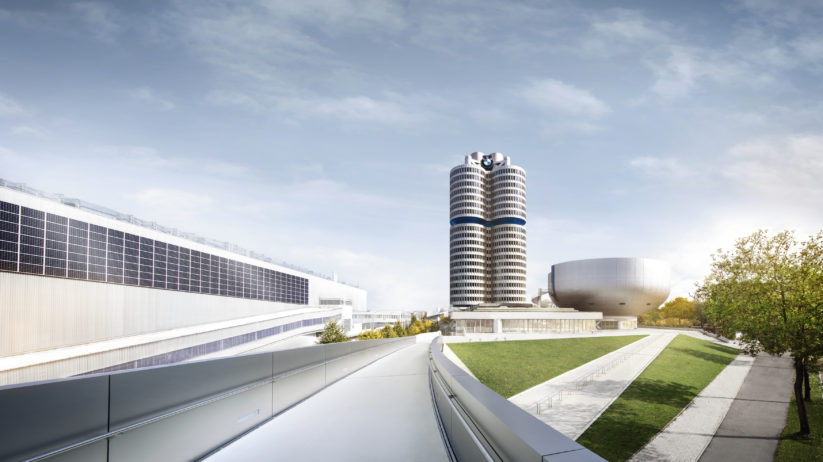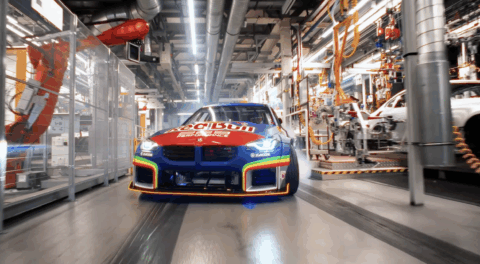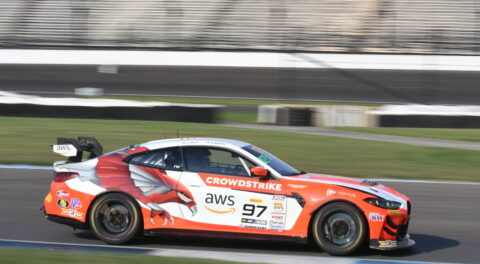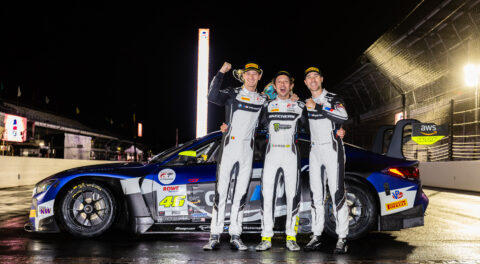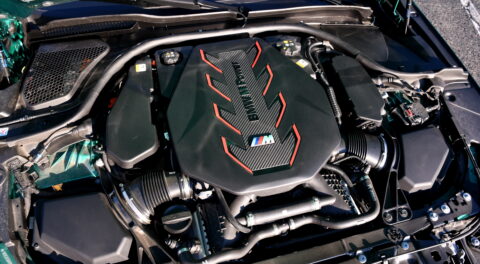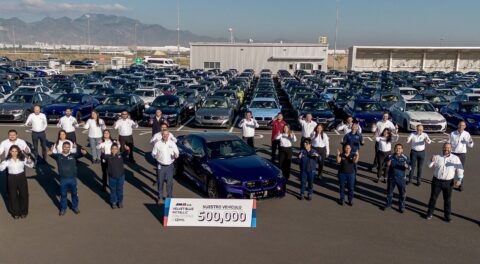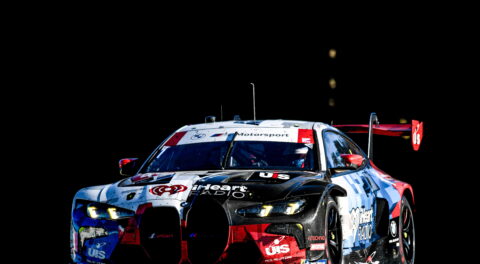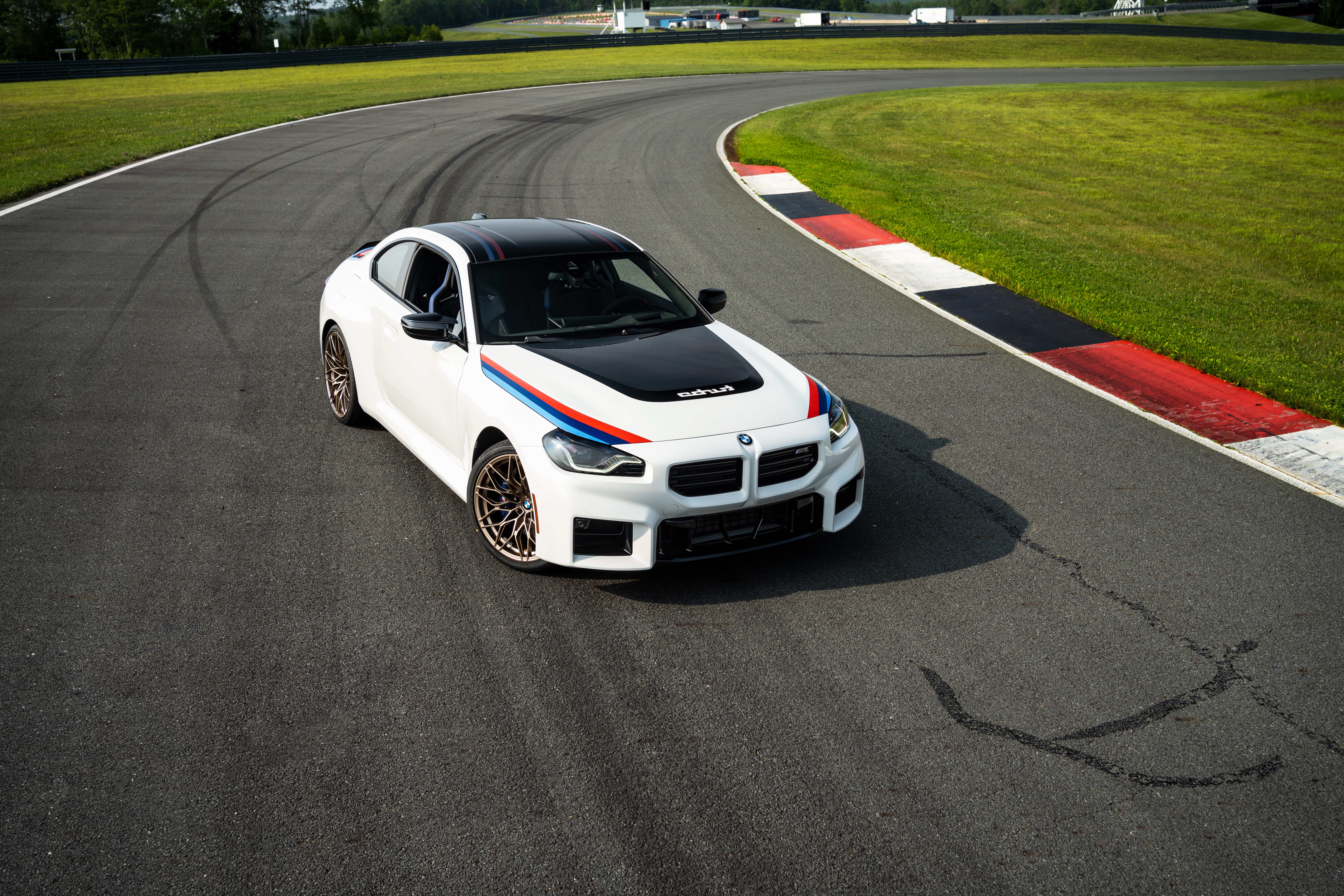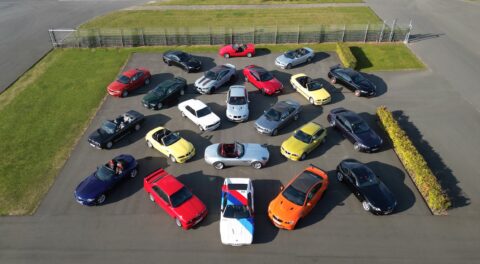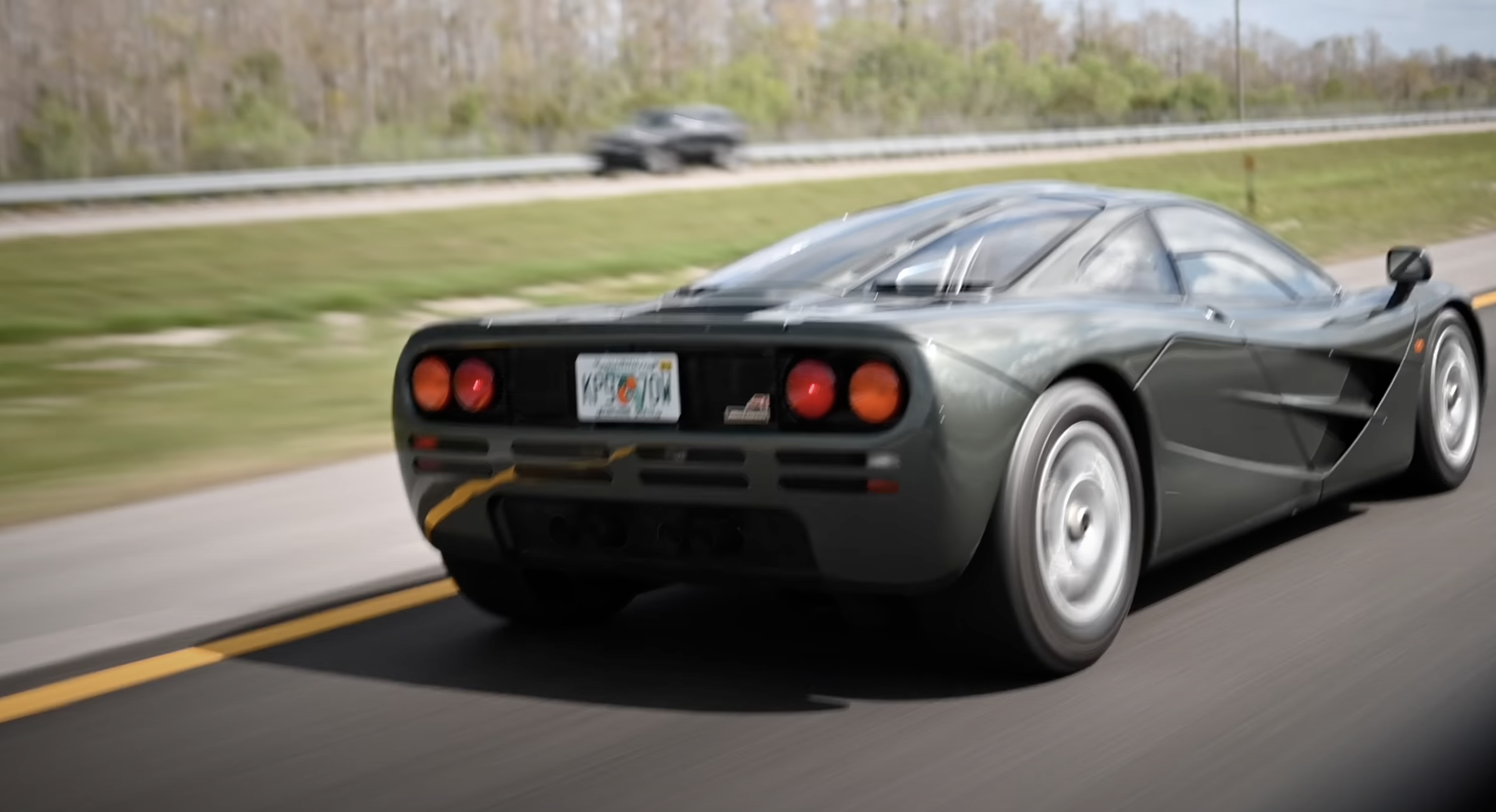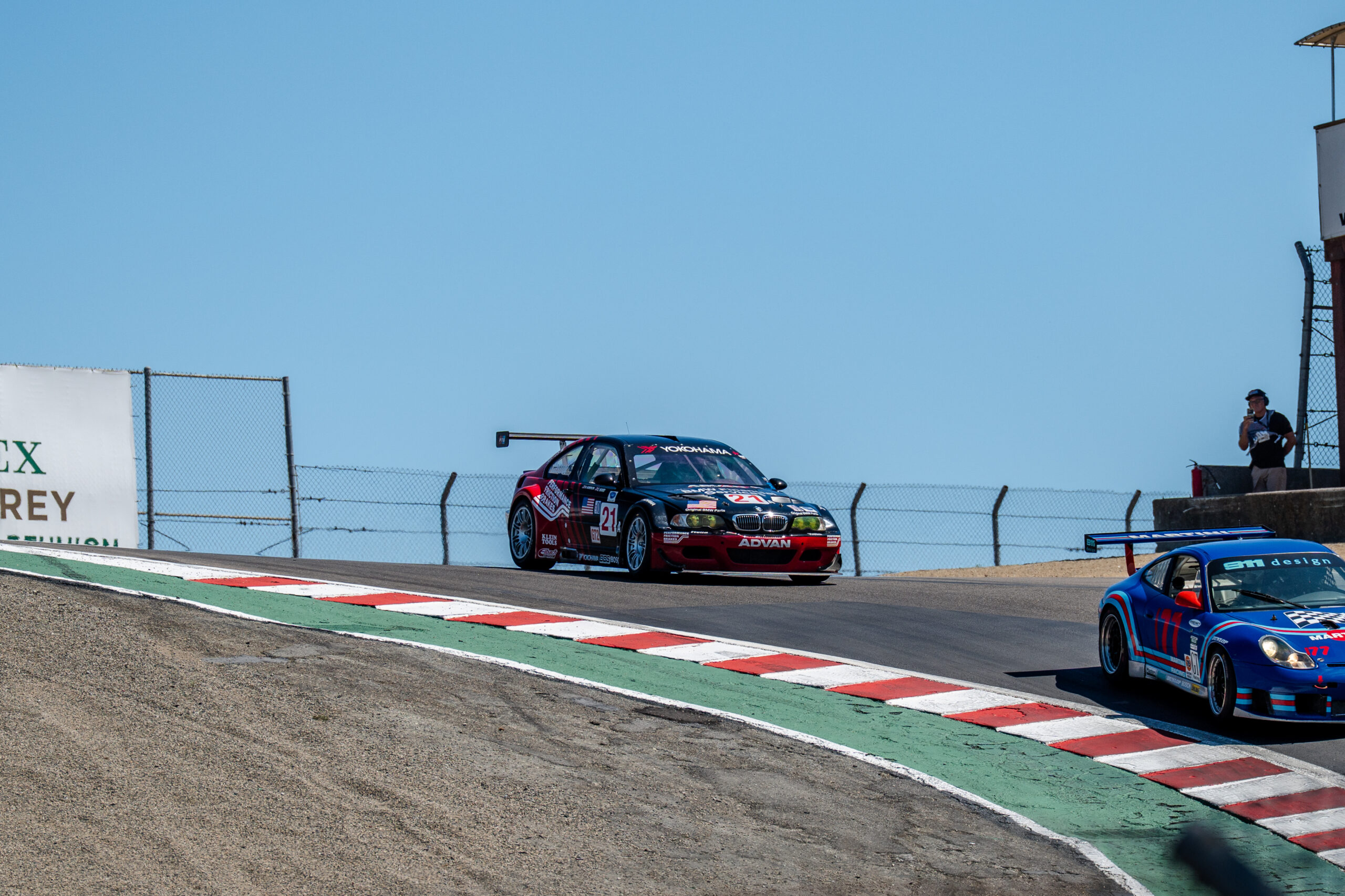The investigatory probe launched last year by European Union regulators in an effort to uncover what occurred during so-called secret meetings between BMW, Daimler and Volkswagen, along with subsidiaries Porsche and Audi, appears to be coming to a close. With Daimler believed to be the whistleblower in the situation, both BMW and VW are now bracing for large fines, as accusations of anti-competitive collusion regarding emissions equipment and systems design are being leveled in a statement of objections delivered to BMW on April 5, 2019.
According to the probe’s findings, BMW, Daimler and VW are accused of working together to delay the introduction of emissions equipment to the market, most specifically particulate exhaust gas filters for gasoline vehicles, which just recently became a standard. Diesel-powered vehicles are also involved, more precisely with their AdBlue diesel exhaust fluid tanks, and the specific size of them. According to the New York Times, Germany’s largest automakers colluded to restrict the size of AdBlue tanks, in favor of more efficiently using the freed-up space, while they also worked to delay the roll out of particulate exhaust filters, thus denying customers the opportunity to purchase vehicles with the best and latest emissions technology.
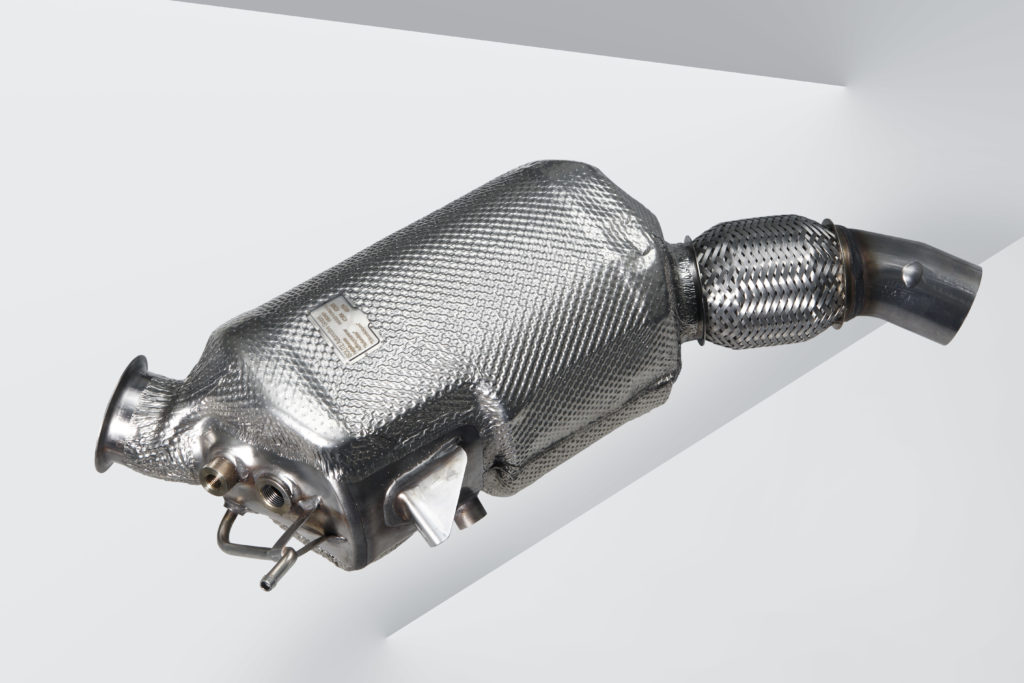
Although the BMW Group has announced that it will be setting aside upwards of $1,000,000,000 to pay possibly forthcoming fines, along with adjusting quarterly guidance, the automaker is also offering a strong rebuttal to the accusations. According to a statement released by BMW in response to the investigation’s findings, the company is ready to combat the allegations with, “all legals means if necessary,” and goes on further to address the issues of AdBlue tanks and exhaust gas filtration technology head on.
In regard to the issue of diesel exhaust fluid reservoirs, or AdBlue tanks, part of the first-generation SCR (selective catalytic reduction) systems that were, indeed, developed jointly by the large European auto manufacturers, BMW says that collaboration on design led to faster real-world implementation and maturing of the technology. When, in the early years, AdBlue support at gas stations proved to remain in its infancy, BMW ultimately chose to install larger tanks for increased filling intervals, to mitigate the effects of infrastructure that was still being developed.
When it comes to gasoline particulate exhaust filters, a technology that was abruptly added to European Union emissions standards for new vehicles last year, BMW claims that their designs differ from those of their competitors in a number of different ways, and that practical applications were in early stages of development during the years that the EU commission is accusing the collective automakers of stalling implementation, which includes a range from 2006 until 2014. Sifting through the details, BMW specifically cites impacts related to the weight of the apparatuses and an effect on engine performance, which caused a corresponding increase of carbon emissions, as reasons why the filters were not used earlier. BMW’s explanation carries a lot of validity here, as enactment of last year’s Worldwide Harmonized Light Vehicle Test Procedure (WLTP), is said to have been one reason why BMW chose to use a detuned S55 engine in the M2 Competition, while the original M2 came with the N55 which was introduced back in 2009.
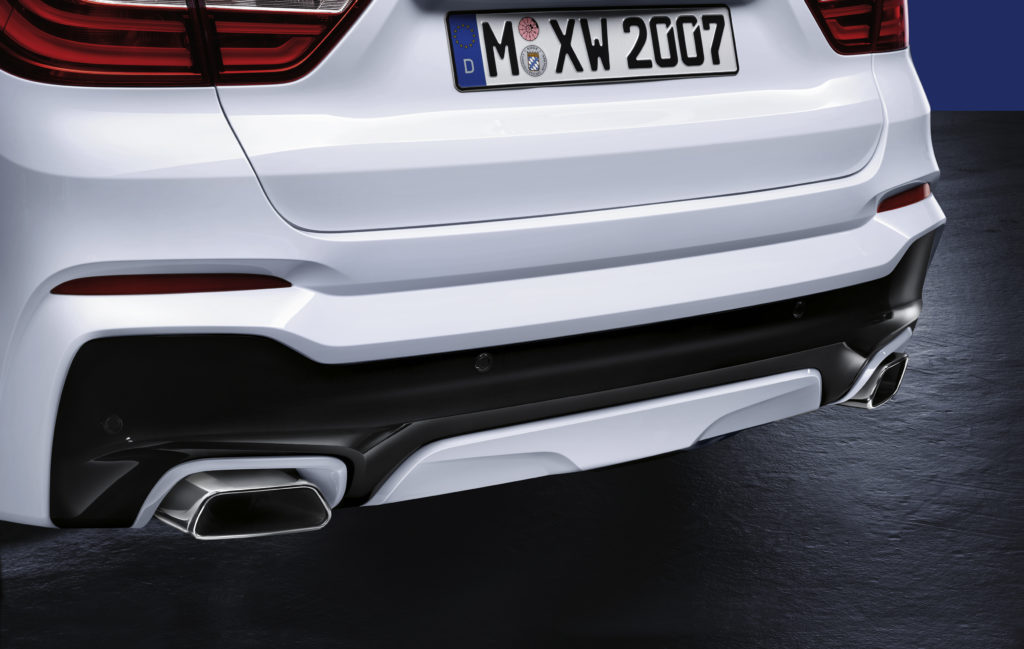
With allegations flying, there are some important things to remember. The first is that multinational corporations, nearly all of which exist in an environment of stiff competition, regularly cooperate with one another in hopes of finding practical solutions to difficult problems. This is especially true in the automotive sphere, where common suppliers, like Bosch, have relationships with many of the biggest players, all of which are undoubtedly in search of the same answers, specifically when it comes to battling carbon emissions.
Second, it should be noted that, although the European Union Competition Authority is where the accusatory statement of objections originated, the letter carried with it no allegations of cartel-like activity which sought to work to the detriment of customers of suppliers. In other words, there was no price-fixing or other related misdeeds.
Finally, and perhaps most importantly, there is also no evidence of any agreement or use of unlawful emissions testing defeat devices, like the kind VW used in their TDI clean diesel models to beat the test bench for several years. Additionally, as BMW also explains in their own statement, the brand’s diesel models were and remain some of the cleanest on the market, which is evidenced by some of the lowest AdBlue consumption rates. This trend has continued, with a few models being recognized for their low emissions as recently as last year.—Alex Tock
[Photos courtesy BMW AG.]

